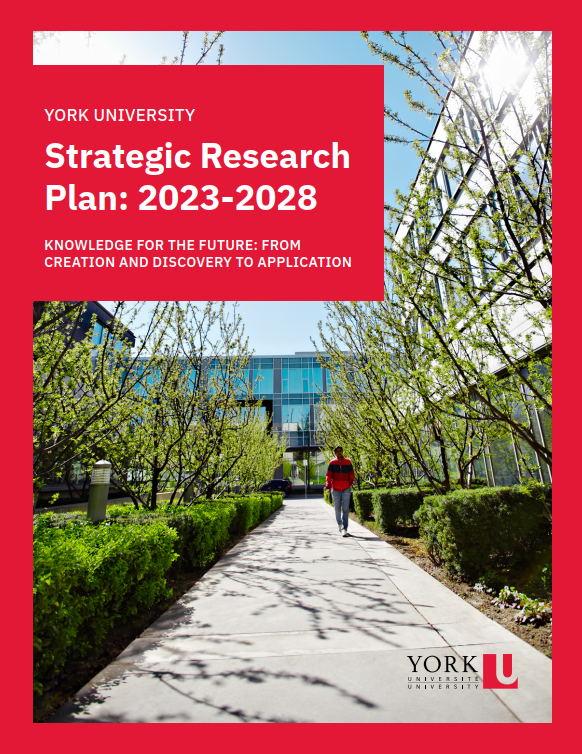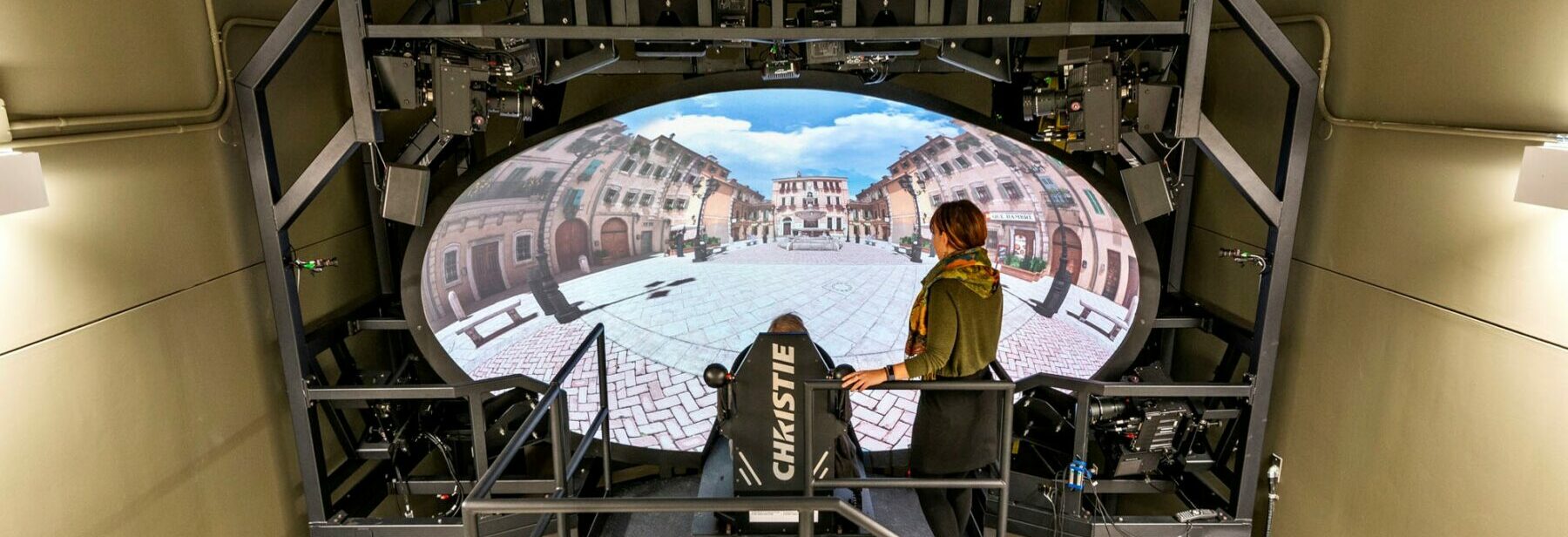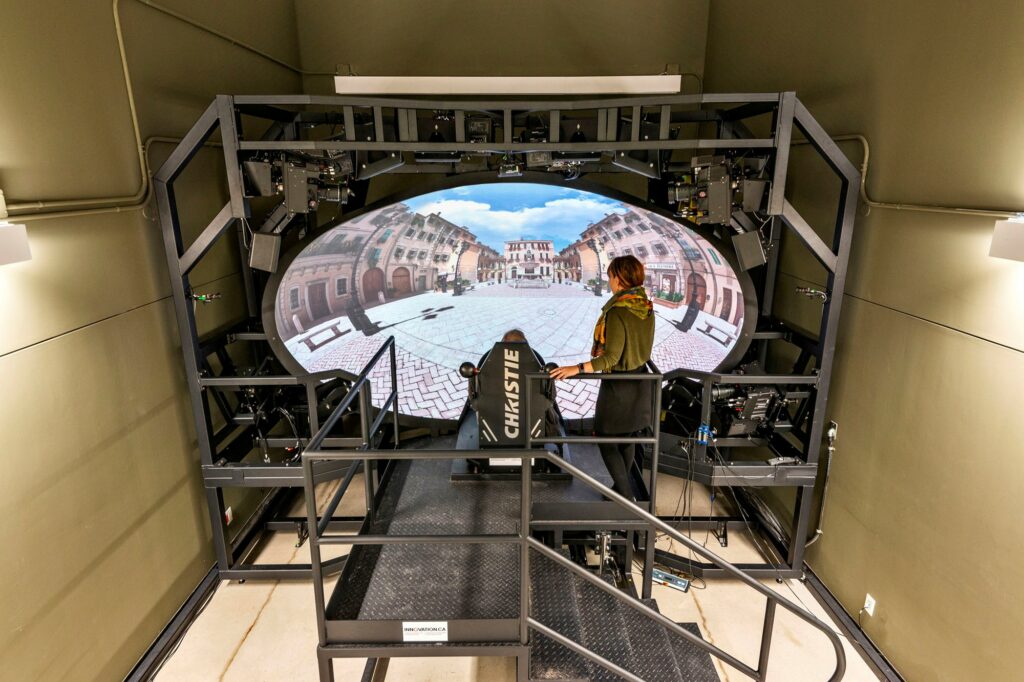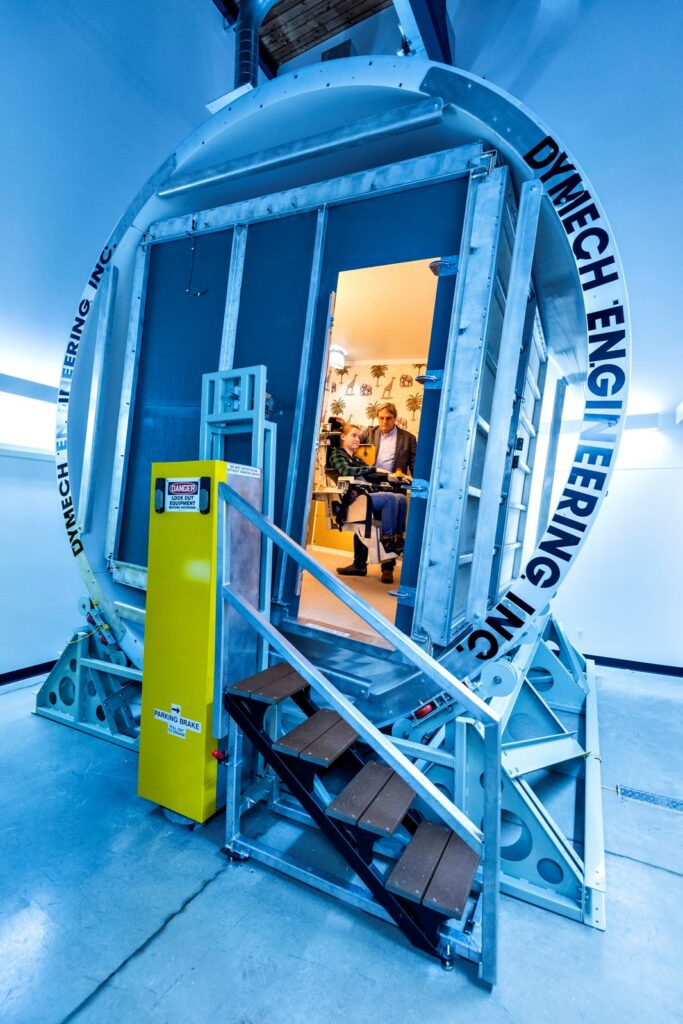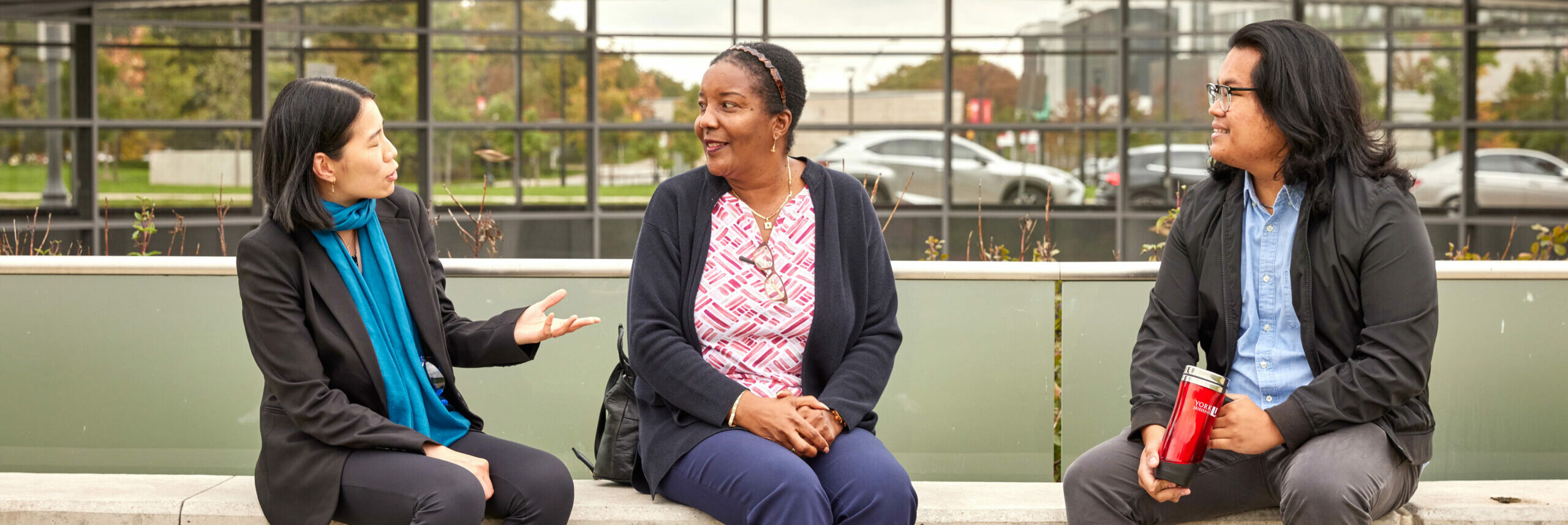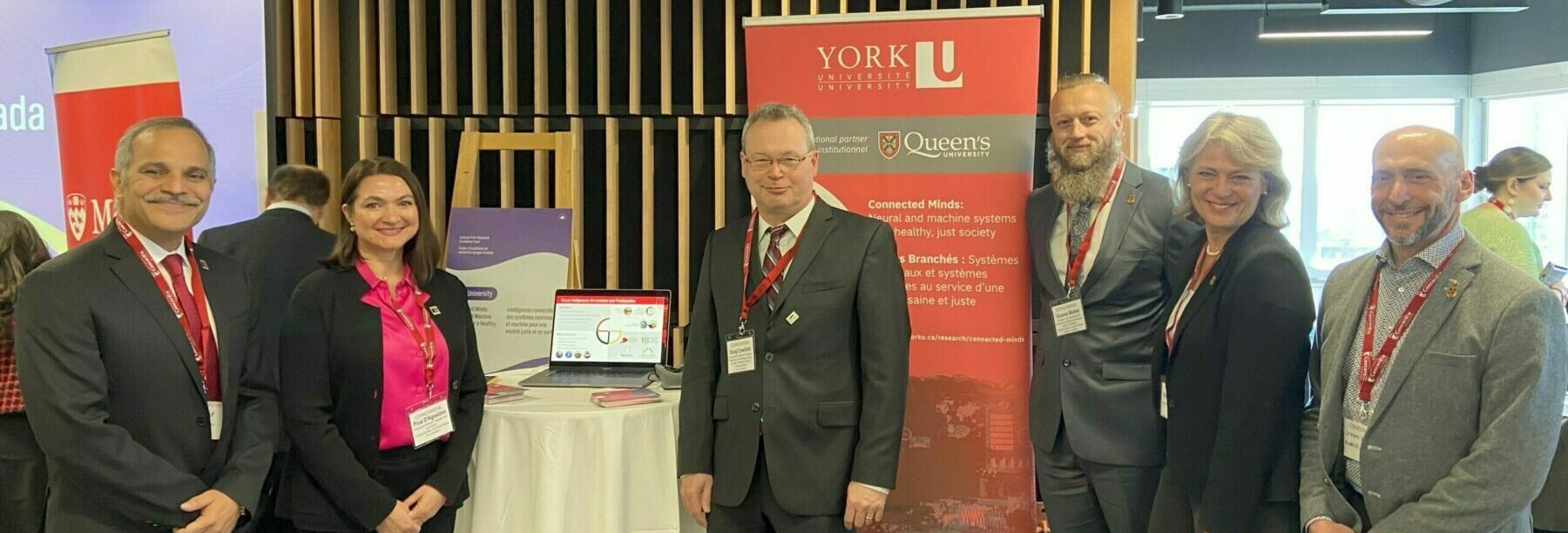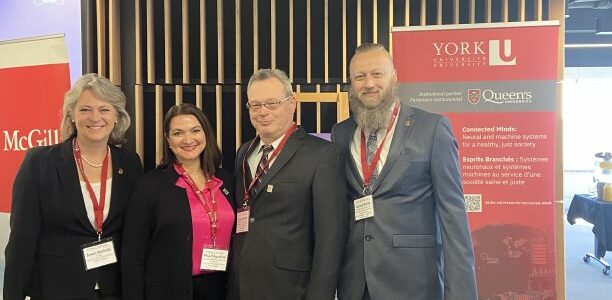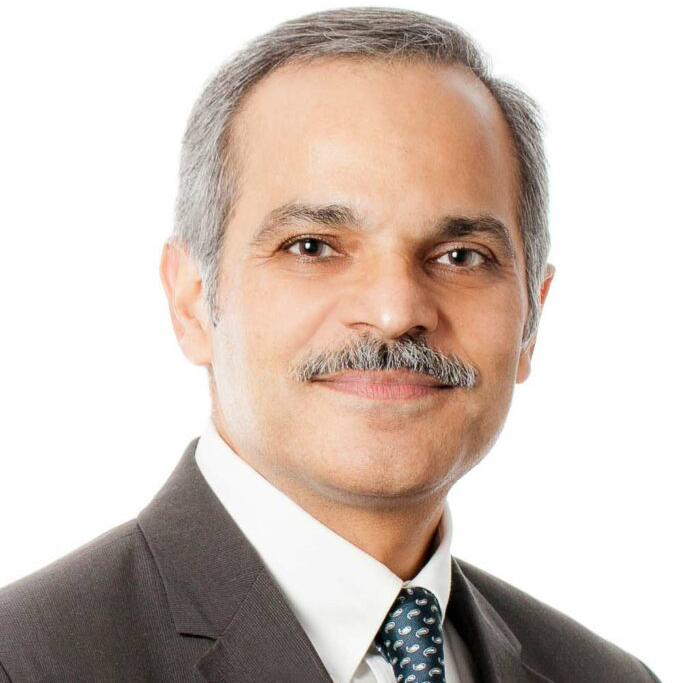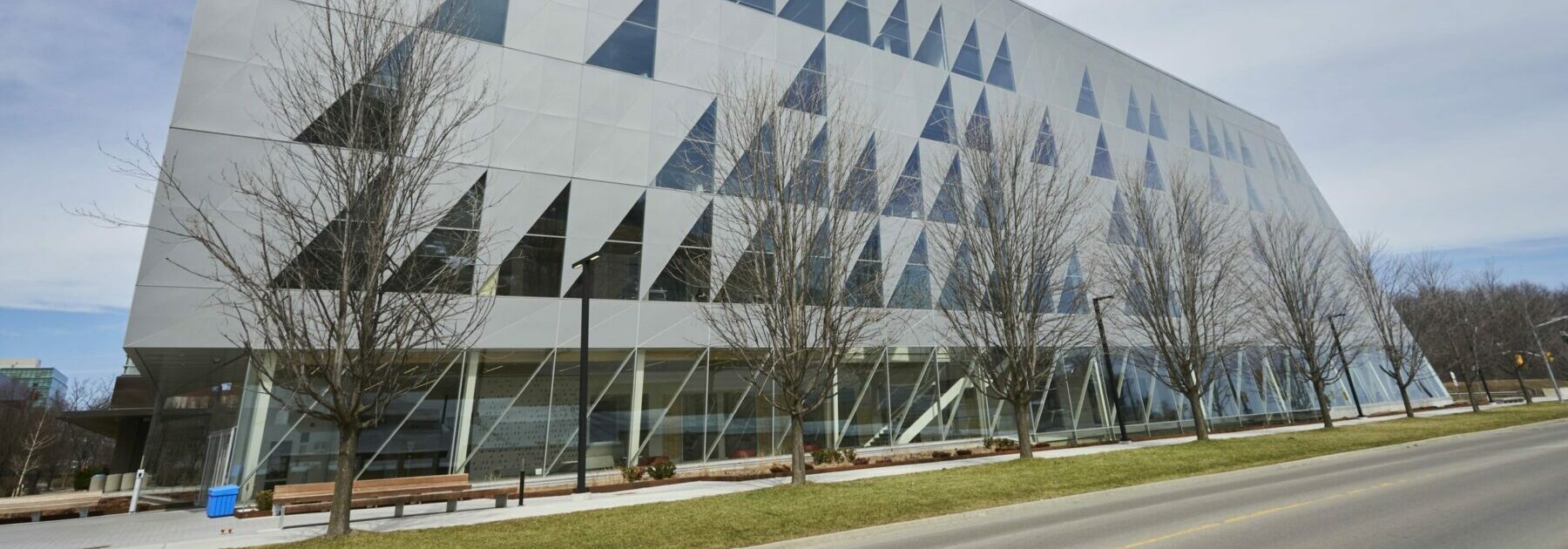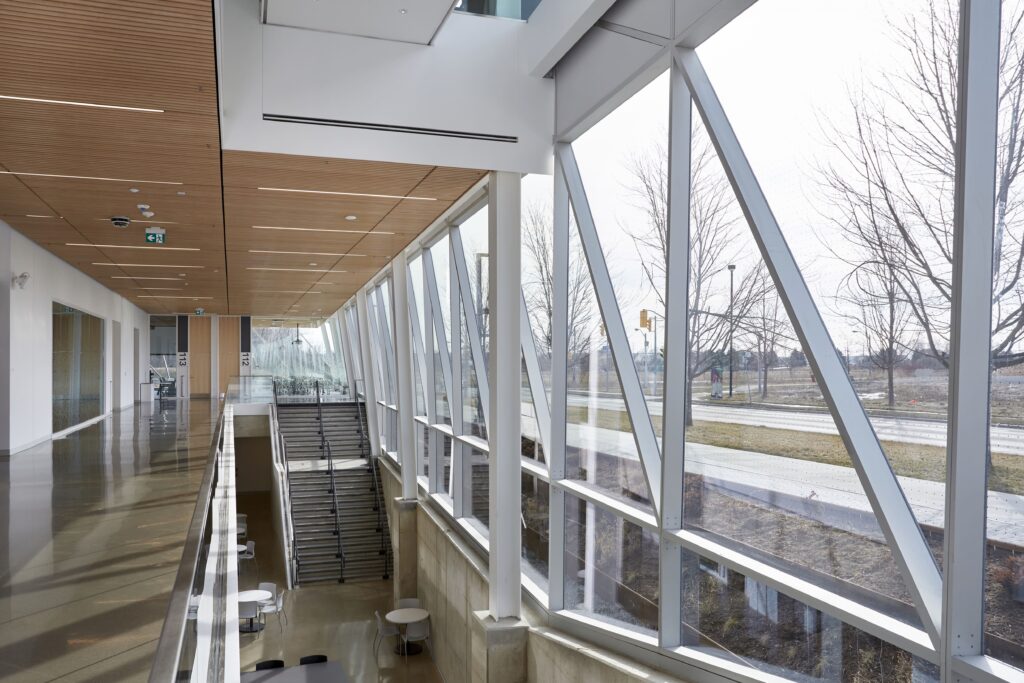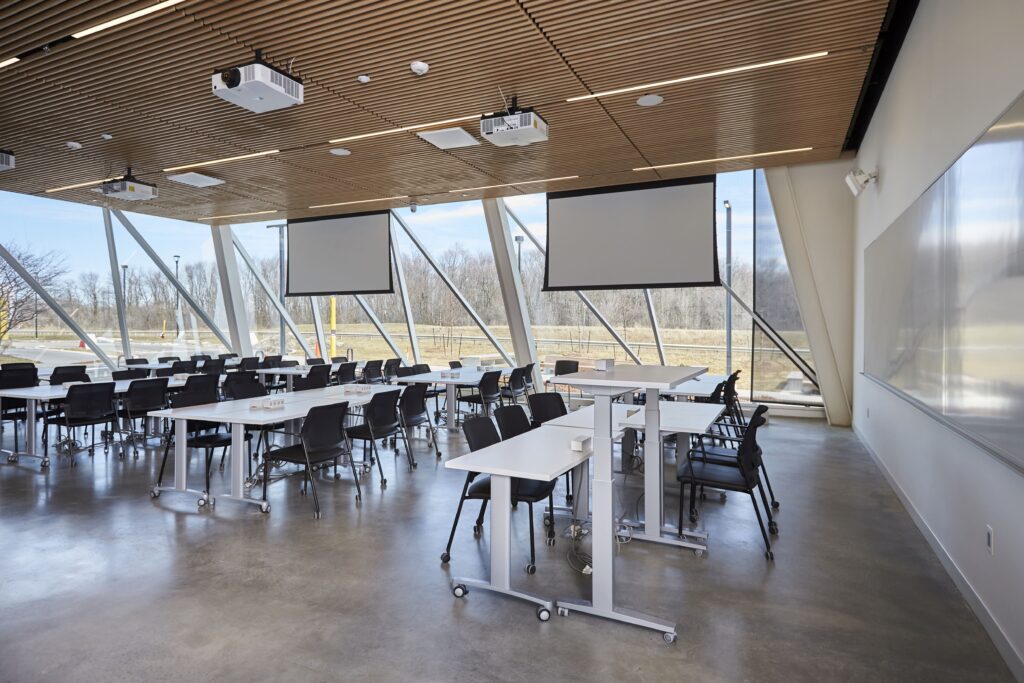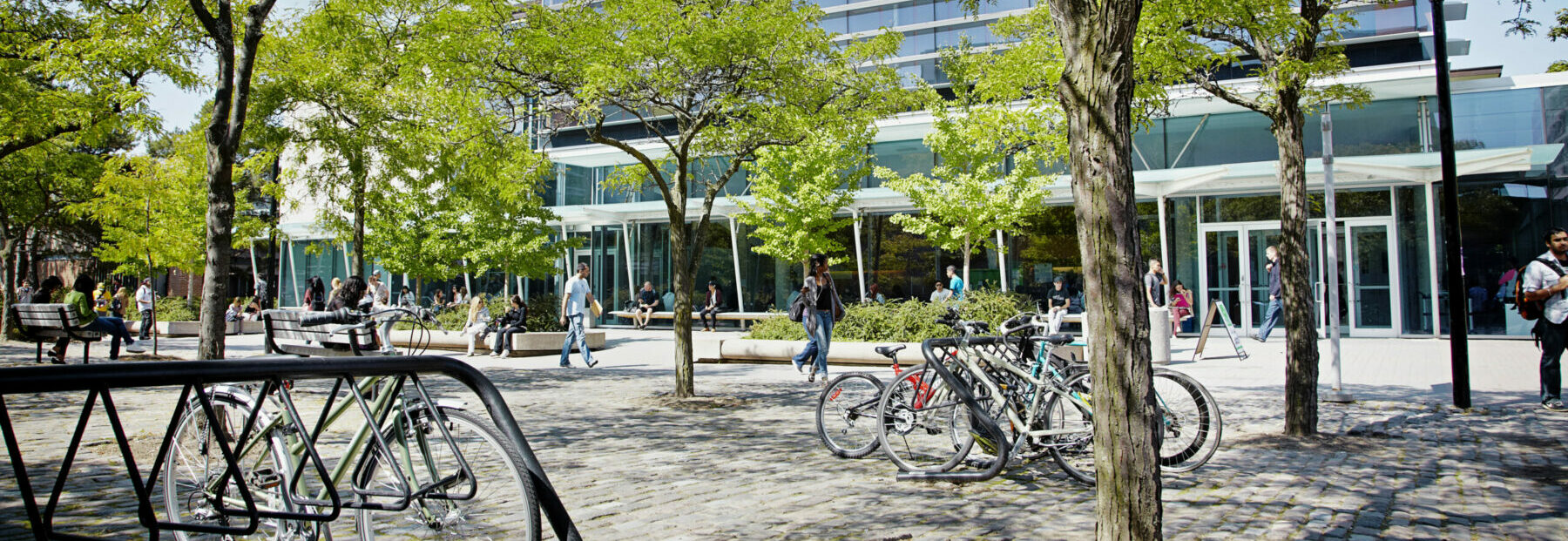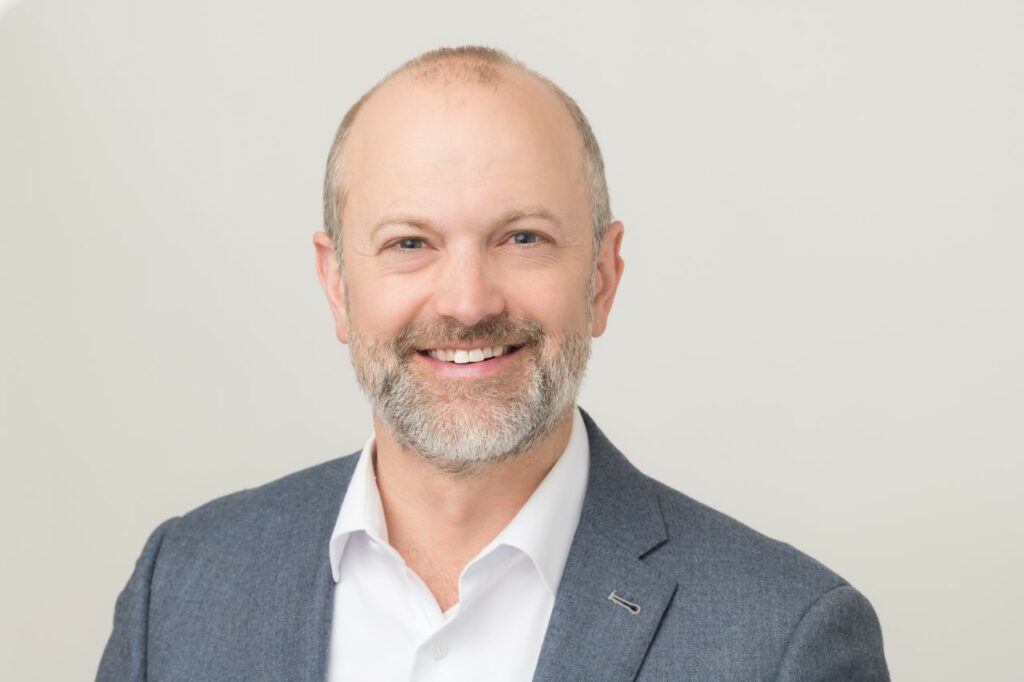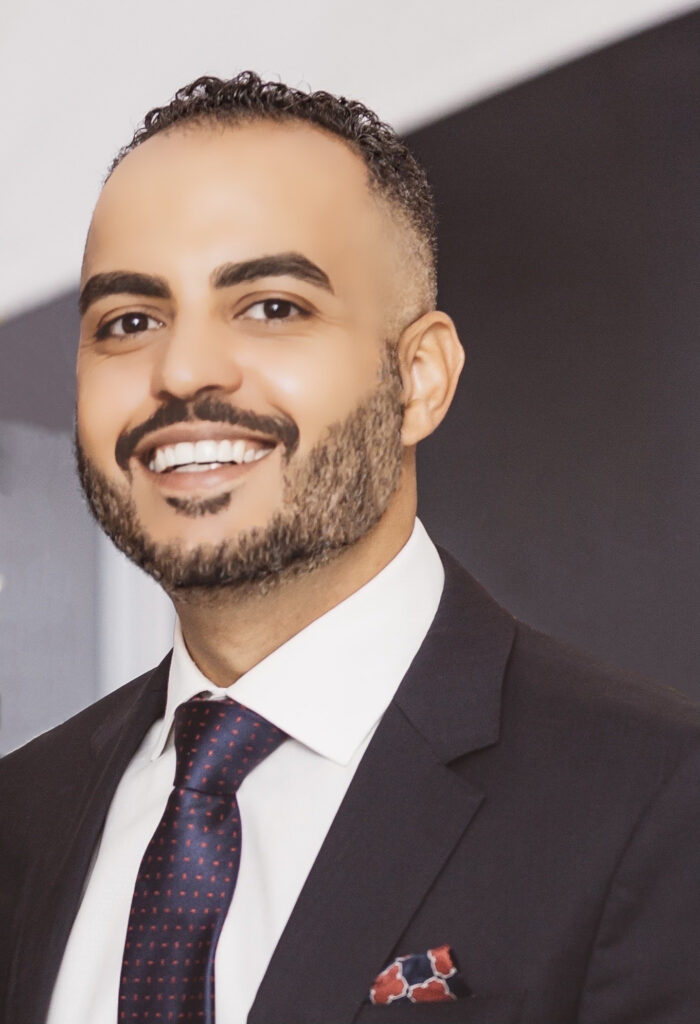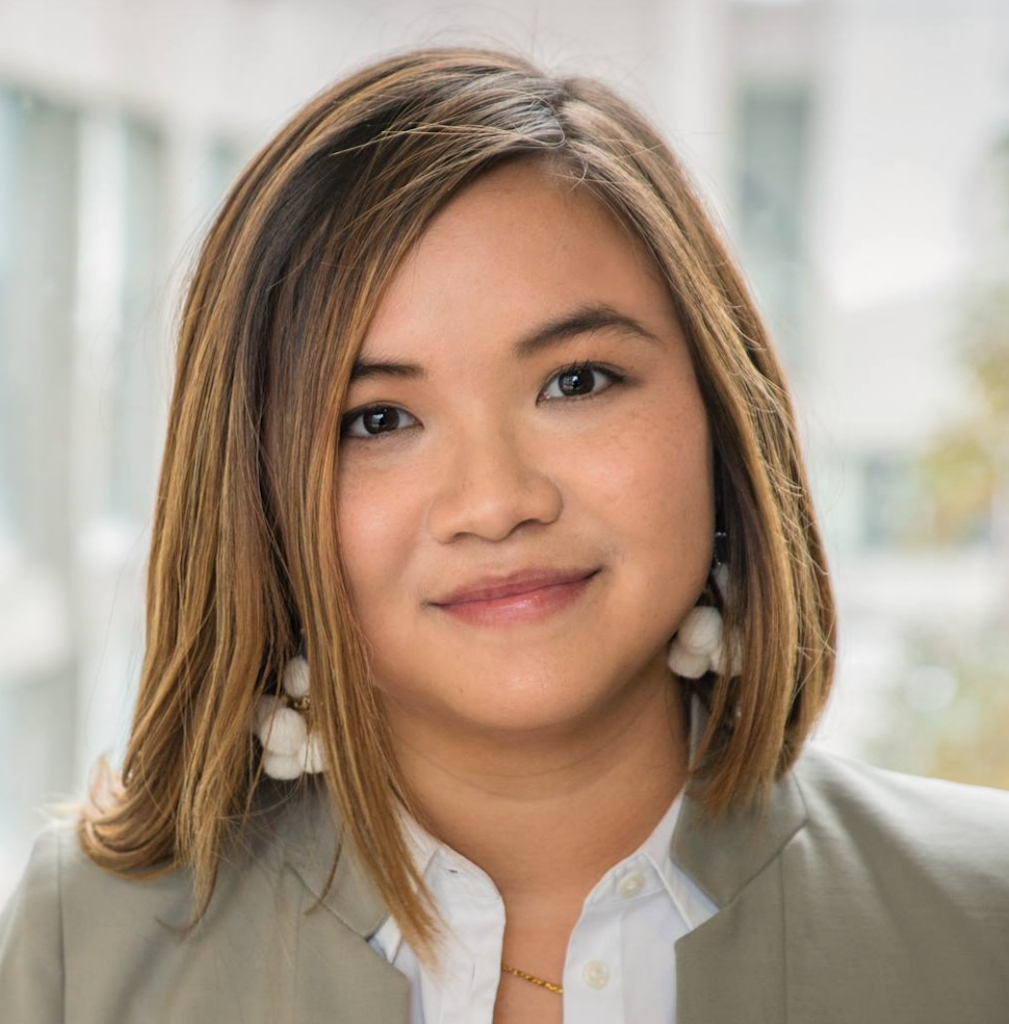La version française suit la version anglaise.
Dear York community,
We are excited to share York University’s first Decolonizing, Equity, Diversity and Inclusion (DEDI) Strategy. York is among the first Canadian universities to incorporate decolonization in a meaningful and substantial way throughout a document of this kind, and this strategy will formalize and coordinate DEDI efforts across the institution.
The DEDI Strategy acknowledges York University’s colonial structures and recognizes that many forms of discrimination and oppression exist both in society and in higher education. It provides a lens on the University’s past, present and future, allowing it to focus clearly on the efforts and resources needed to drive positive change. The strategy includes five strategic directions – teaching and learning, research and innovation, representation and success, campus climate and environment, and leadership and capacity building.
The strategy is rooted in the University’s Academic Plan 2020-2025, which outlines York’s commitment to championing diversity and inclusivity, embracing differing perspectives, peoples, and ways of knowing, and fostering global fluencies and cross-cultural knowledges. DEDI values are also infused into other key planning documents, and the strategy augments existing frameworks, including the Framework and Action Plan on Black Inclusion and the Indigenous Framework.
A collaborative effort
This is important work requiring time and care. The launch of the new DEDI Strategy is the result of the efforts of many individuals and units over the last two-and-a-half years. This includes the 50-member President’s Advisory Council on Equity, Diversity and Inclusion, which provided advice on the development of this new strategy – and the York community, who provided feedback on the Draft Equity, Diversity and Inclusion Strategy, released in March 2022. We are grateful to everyone who participated in this process including the inaugural Vice-President of Equity, People and Culture, Sheila Cote-Meek.
Taking action
While the DEDI Strategy will build on the collective efforts of many in our community, it is important to recognize that much remains to be done if we are to realize our goals. It is also a living document that will undoubtedly continue to evolve as we evaluate our progress each year. Success depends on the combined efforts of the entire York community.
We encourage everyone to read and explore the strategy on its dynamic new website.
We also invite you to join us at the launch event, Taking Action, Making Impact: A Fireside Chat on York’s DEDI Strategy, on Wednesday, May 17 from 1 to 2:30 p.m. There, you will learn how key community members are taking up the strategy in their work, explore how each of us can engage in DEDI work and imagine together how we can transform this institution to right the future for everyone.
Visit this website to learn more about the panelists and register to attend this event, in person or virtually.
Along with other key equity initiatives, this strategy and its underlying principles will empower everyone at the University to respectfully have the uncomfortable conversations that will drive collective understanding, and lead to a greater sense of inclusion and belonging by facilitating a decolonizing, inclusive, diverse and collaborative ecosystem that promotes well-being for all.
Thank you. Merci.
Rhonda Lenton
President and Vice-Chancellor
Alice Pitt
Interim Vice-President Equity, People and Culture
York lance sa Stratégie de décolonisation, d’équité, de diversité et d’inclusion
Chers membres de la communauté de York,
Nous nous réjouissons de diffuser la première Stratégie de décolonisation, d’équité, de diversité et d’inclusion (DEDI) de l’Université York. York est l’une des premières universités canadiennes à intégrer la décolonisation de manière substantielle dans un document de ce type, et cette stratégie formalisera et coordonnera les efforts de DEDI dans l’ensemble de l’établissement.
La Stratégie DEDI reconnaît les structures coloniales de York et admet que de nombreuses formes de discrimination et d’oppression existent tant dans la société que dans l’enseignement supérieur. Elle offre une perspective sur le passé de l’Université, sur notre présent et sur notre avenir, ce qui permet de cibler précisément les efforts et les ressources nécessaires pour susciter des changements. La stratégie comprend cinq orientations stratégiques : enseignement et apprentissage, recherche et innovation, représentation et succès, climat et environnement des campus, ainsi que leadership et renforcement des capacités.
La stratégie est ancrée dans le Plan académique de l’Université 2020-2025, qui souligne l’engagement de York à défendre la diversité et l’inclusion, à accueillir des perspectives, des personnes et des modes de connaissance différents, et à encourager des savoirs mondiaux et des connaissances interculturelles. Les valeurs de DEDI sont également intégrées dans d’autres documents de planification, et la stratégie les complète, notamment le Plan d’action sur l’inclusion des personnes noires et le Cadre stratégique autochtone.
Un effort de collaboration
Il s’agit d’un travail primordial qui demande du temps et de l’attention. Le lancement de la nouvelle Stratégie DEDI est le résultat des efforts déployés par de nombreuses personnes et unités au cours des deux dernières années et demie. Il s’agit notamment du Conseil consultatif de la présidente sur l’équité, la diversité et l’inclusion, composé de 50 membres, qui a fourni des conseils sur l’élaboration de cette nouvelle stratégie, et de la communauté de York, qui a donné son avis sur le projet de stratégie sur l’équité, la diversité et l’inclusion, publié en mars 2022. Nous remercions toutes les personnes qui ont participé à ce processus, notamment la vice-présidente inaugurale de l’équité, des personnes et de la culture, Sheila Cote-Meek.
Passer à l’action
Si la stratégie DEDI s’appuie sur les efforts collectifs de nombreux membres de notre communauté, il est important de reconnaître qu’il reste encore beaucoup à faire pour atteindre nos objectifs. Il s’agit également d’un document évolutif qui continuera sans aucun doute à se développer au fur et à mesure que nous évaluerons nos progrès chaque année. Le succès dépend des efforts combinés de l’ensemble de la communauté de York.
Nous vous encourageons à lire et à explorer la stratégie, affichée sur ce nouveau site Web dynamique.
Nous vous invitons également à vous joindre à nous lors de l’événement de lancement, « Taking Action, Making Impact: A Fireside Chat on York’s DEDI Strategy » le mercredi 17 mai, de 13 h à 14 h 30. Vous y découvrirez comment des membres clés de la communauté intègrent la stratégie dans leur travail, explorerez comment chacun d’entre nous peut s’engager dans le travail de DEDI et imaginerez comment nous pouvons transformer ensemble cette institution afin d’être présents pour l’avenir.
Visitez ce site Web pour en savoir plus sur les panélistes et inscrivez-vous pour participer à cet événement, en personne ou virtuellement.
En lien avec d’autres initiatives clés en matière d’équité, cette stratégie et ses principes sous-jacents permettront à tous les membres de l’Université d’avoir, dans le respect, les conversations difficiles qui augmenteront la compréhension collective et conduiront à un plus grand sentiment d’inclusion et d’appartenance en facilitant un écosystème décolonisant, inclusif, diversifié et collaboratif qui promeut le bien-être de toute la communauté.
Sincères salutations,
Rhonda Lenton
Présidente et vice-chancelière
Alice Pitt
Vice-présidente intérimaire de l’équité, des personnes et de la culture



